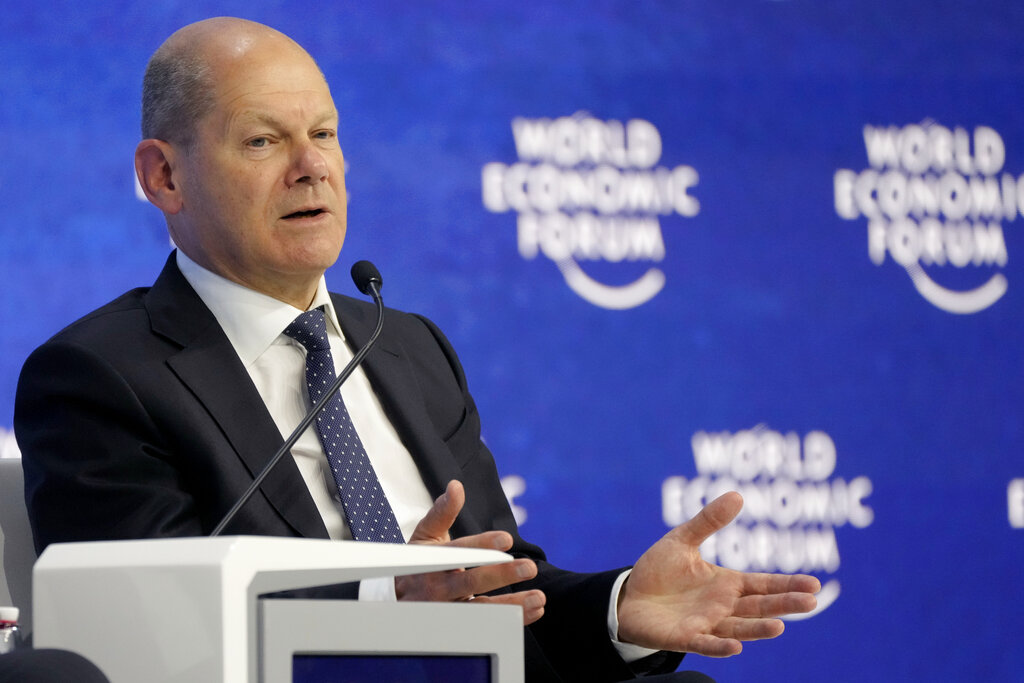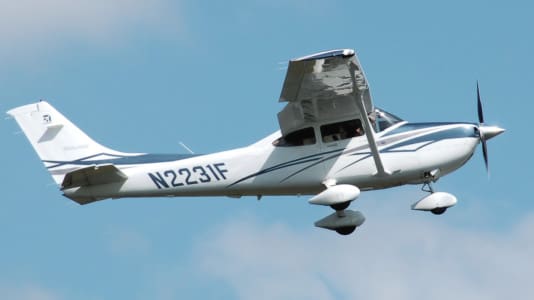The German government and conservative opposition reached an agreement on Sunday night to violate the budgetary rules of the national constitution, with the aim of unlocking €100 billion for the modernization of the army in the face of Russia’s invasion of Ukraine.
A compromise has been reached after weeks of difficult negotiations between coalition parties — Social Democrats (SPD), the Green Party, the Free Democratic Party (FDP) — and the conservative political family of former Chancellor Angela Merkel, the Christian Democratic Union (CDU), representatives of the conservatives told AFP.
The agreement will make it possible to fulfill the promise made by Chancellor Olaf Scholz at the end of February after the launch of the Russian offensive in Ukraine, which involves the release of a special fund of €100 billion for the rearmament of the country in the next few years and the modernization of Germany’s army, the Bundeswehr.
At the same time, Berlin will be able to meet NATO’s target of allocating 2 percent of its national GDP annually for defense. This goal will be achieved “on average over several years,” according to the text of the agreement.
The exceptional fund will be financed by additional debts. For that, it was necessary to circumvent the rules enshrined in the national constitution, called the “debt brake,” which strictly limits the possibility of a budget deficit.
That is why the government needed the support of the main opposition force, the conservatives represented by the CDU/CSU, as a two-thirds majority in parliament is needed to vote for such an exception.
The €100 billion euros will be paid into a “special fund” outside the national budget.
Unlocking the huge sum for the national army is a major U-turn for Germany, which in recent years has delayed compliance with the North Atlantic Alliance’s commitments in this area, regularly attracting criticism from the United States.
Since the end of the Cold War, Germany has significantly reduced its military strength from about 500,000 soldiers when the country reunited in 1990 to just 200,000 today. In addition, military officials regularly complain about the poor condition of the country’s fighter jets, warships and armored vehicles.





